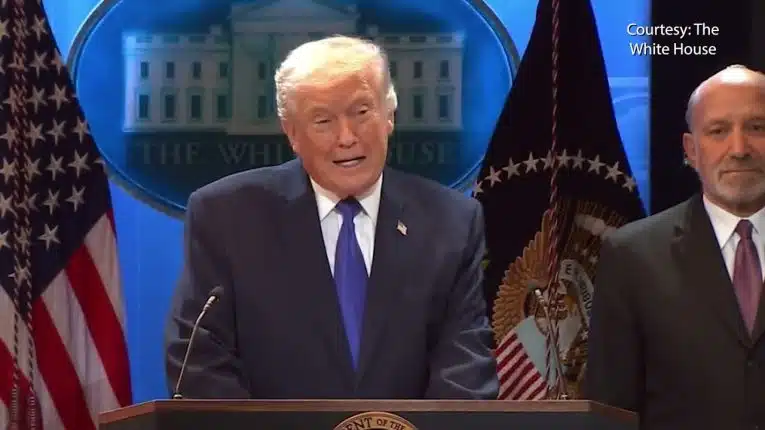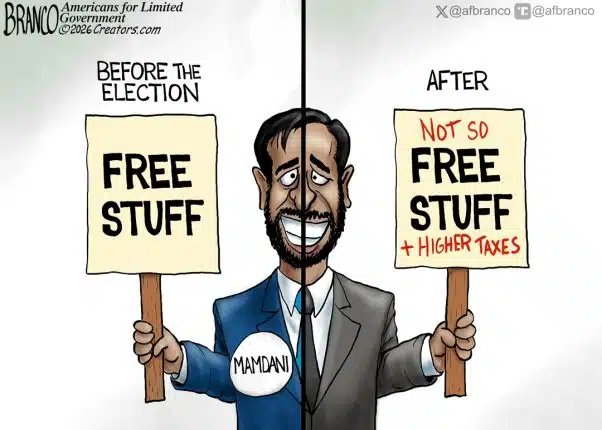 By Eric Hovde — Last year six million children starved to death around the world — again. On top of this, Worldhunger.org reports that 925 million people went hungry in 2010 worldwide.
By Eric Hovde — Last year six million children starved to death around the world — again. On top of this, Worldhunger.org reports that 925 million people went hungry in 2010 worldwide.
Anyone who has watched television late at night has seen the commercials for charity organizations showing starving and malnourished children struggling to survive another day in a plea for money to help alleviate their plight.
Incredibly at the same time that millions of children are dying from malnutrition worldwide, the U.S. government in its war on fossil fuels has continued to push and promote the growing and burning of potential life-saving corn in our gas tanks. When we pull up to the gas pump and see that the gas has been mixed with up to fifteen percent ethanol, that is corn converted to fuel for your car.
This federal government mandate for ethanol use is now coming under fire as politicians react to the rising corn prices resulting from this summer’s drought that wiped out one sixth of our nation’s corn crop. Governors of seven states have already requested that the federal government’s Environmental Protection Agency (EPA) waive the ethanol mandate as the production of vehicle fuel consumes more and more of the corn crop at the expense of livestock and the hungry around the world.
As a recent commentary by Tim Worstall in Forbes points out, “In normal times, it’s said that up to 40 percent of the U.S. corn crop is converted into ethanol which is then fed into cars. When the crop slumps this proportion is likely to rise. For a drought and a shortage of corn is not going to do much to change driving habits. But still, despite that shortage of corn the gasoline allowable for sale has to be blended with ethanol.”
The insanity of our federal government continuing to demand that corn be turned into fuel is brought home even more directly when you consider that the head of the United Nation’s Food and Agriculture Organization argued that it is lifting the grain price worldwide even before the drought. These price rises are particularly impactful in areas that depend upon grains for basic survival.
All courtesy of a big, all knowing U.S. government that for the past three decades has chosen to promote the burning of corn as a bio-fuel solution to our energy needs at a cost of $45 billion over the last 30 years. In 2011 alone corn ethanol subsidies ate up $6 billion in taxpayer dollars.
Contrast this with Brazil, where it wasn’t the government which drove the bio-fuel industry, it was the private sector. With abundant sugar cane to easily turn into bio-fuel, Brazilians drive flex fuel vehicles that burn both traditional oil or sugarcane ethanol.
Why did this occur in Brazil, but not in the United States?
First and foremost, sugar cane grows in abundance in Brazil, making it a readily available bio-fuel crop.
However, U.S. farmers grow energy sugar beets which the North Dakota Renewable Energy Council claims have the “power to produce double the amount of ethanol in one acre when compared to corn.”
Also, in contrast to either sugarcane or beets, corn is a starch which must be converted to sugar in order to become a bio-fuel. Sugarcane or beets don’t need to undergo this process making it a much more efficient production process. One study showed that in 2005 the cost of sugarcane ethanol in Brazil was 39 percent lower than for corn ethanol in the United States.
Add to this the fact that sugarcane yields between 600-750 gallons of ethanol compared to 400 gallons for corn, and it is not hard to see why corn makes a great food for both humans and livestock, but is a disastrously inefficient fuel.
And that is what government typically creates through attempts to intervene in markets. Until this past year, tariffs on sugarcane ethanol combined with U.S. taxpayer subsidies for its production largely locked the import of the Brazilian bio-fuel out of the U.S. market. Now, even with the tariffs dropped, Brazil is dealing with its own bureaucratic bungling and high taxes that are strangling ethanol production making any immediate impact of Brazilian sugarcane ethanol on the U.S. market unlikely.
As an increasing amount of U.S. corn is being used to meet government mandated rising ethanol demand, the United States — the world’s dominant producer and exporter of corn — is exporting less — increasing the likelihood of an international food crisis.
To avert this potential catastrophe, the Obama Administration should immediately rescind all ethanol fuel requirements, and Congress should deny any funding for government programs that pick winners and losers in alternative fuels production.
It is truly a sad legacy that after thirty years and 45 billion dollars, the only thing that has really been gained through the corn ethanol experiment are hundreds of millions of hungry people around the world, and the retardation in the development of alternative, more efficient, domestically grown bio-fuels.
Eric Hovde is the principal of Hovde Capital, and a former U.S. Senate candidate in Wisconsin.






